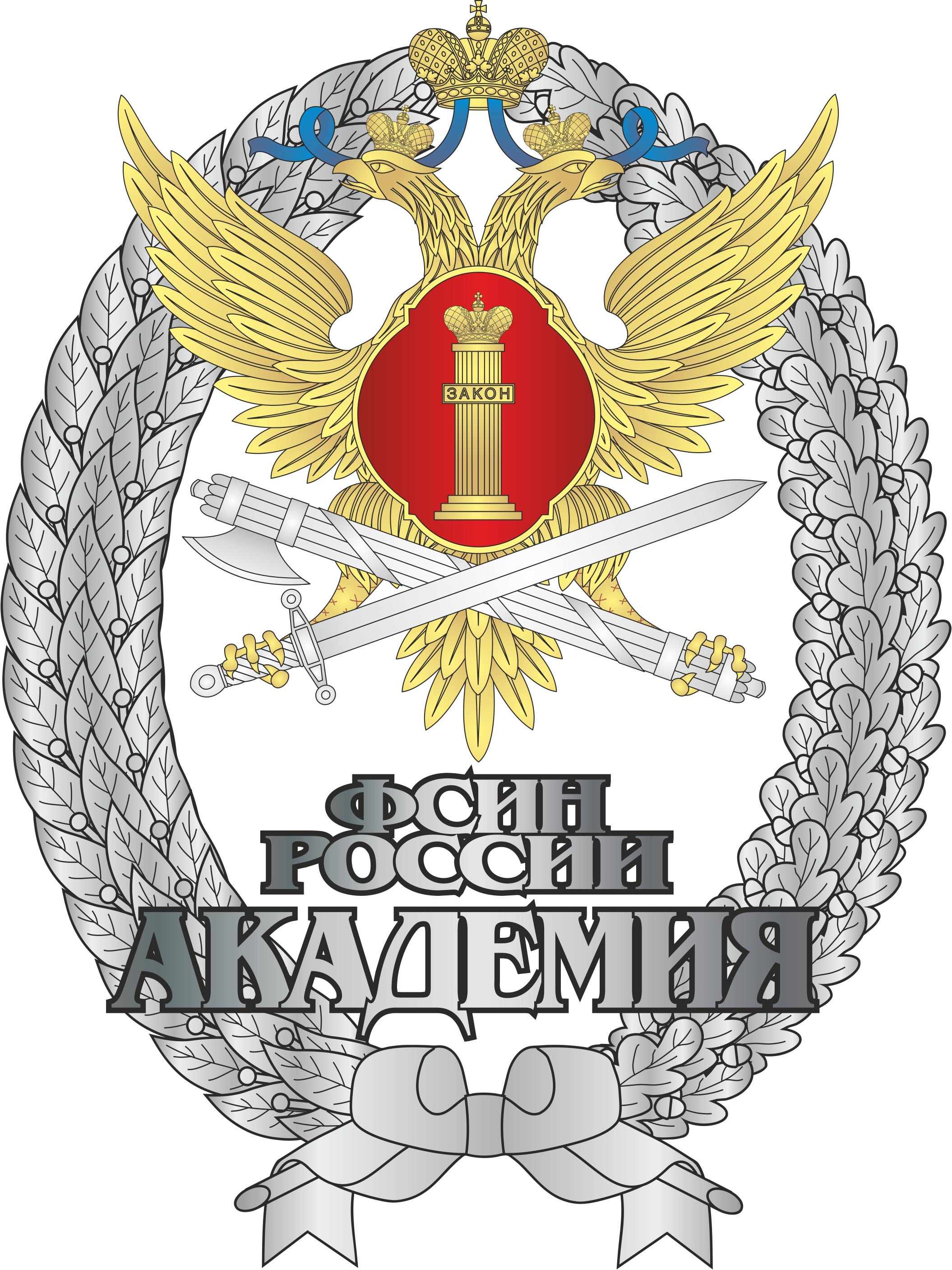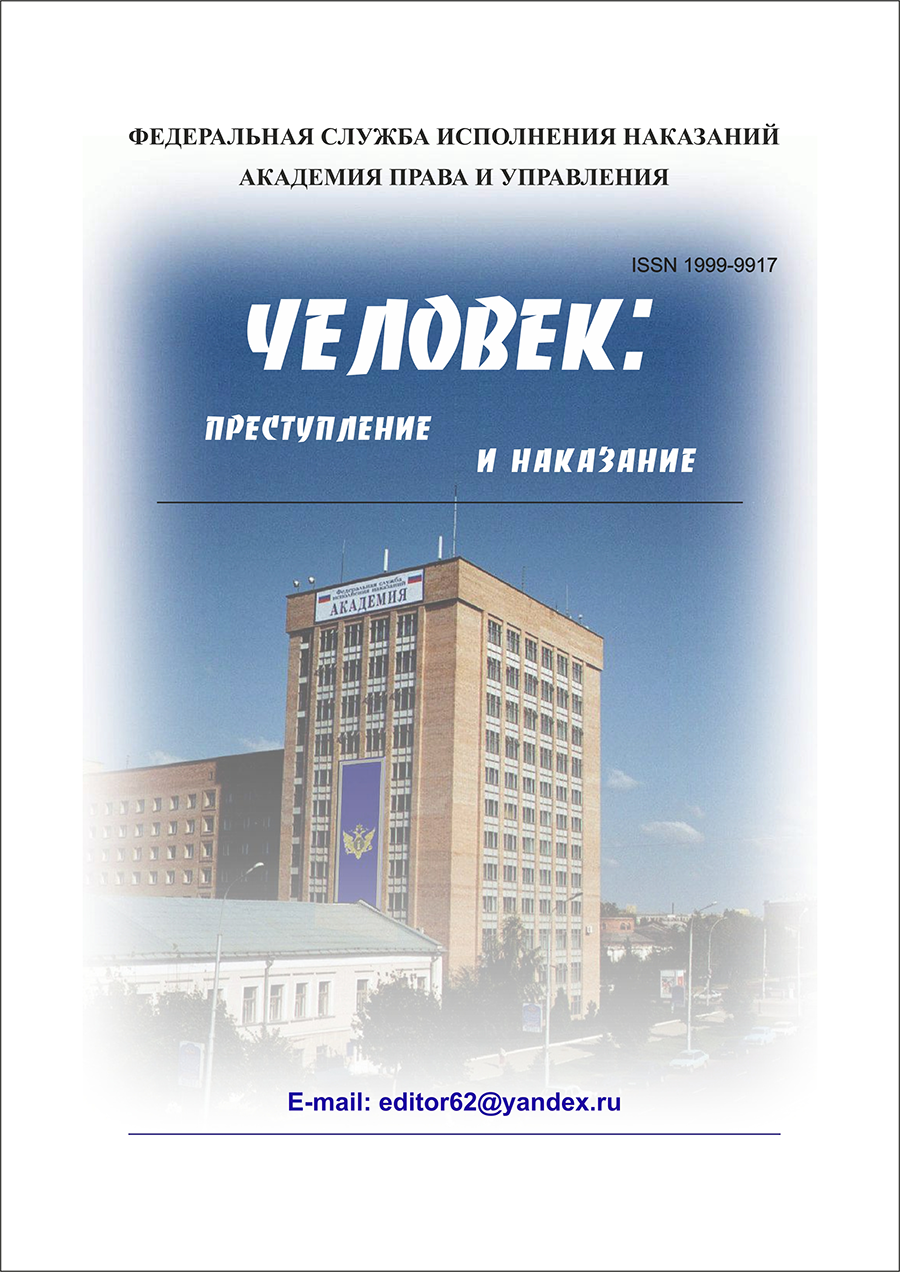UDC 343.847
Punishments without isolation from society are taking up more and more space in the structure of punishments. Over the past 10 years, their share has more than doubled. Meanwhile, the problem of ensuring the rights and legitimate interests of those sentenced to such punishments has not received such intensive development. The study of scientific literature indicates that this topic has been actively studied in relation to deprivation of liberty. However, an analysis of the legislation regulating the procedure and conditions for serving sentences without isolation from society allows us to conclude that there are gaps in it that create conditions for violating the rights and legitimate interests of convicts. This cannot but cause a negative impact on the process of execution of punishments, as evidenced by numerous acts of prosecutorial response. One of the gaps in the legislation is the lack of legal regulation of public control over ensuring the rights and legitimate interests of convicts. In contrast to the deprivation of liberty in the sphere of execution of punishments without isolation from society, there is no corresponding competent authority. The article contains specific proposals for improving the rights and legitimate interests of those sentenced to punishment without isolation from society.
control, public supervisory commissions, rights, legitimate interests
1. Useev, R. Z. 2020, ‘Draft Concept of the development of the penal enforcement system until 2020: issues of form, content and comparison with the Concept of the development of the penal enforcement system until 2020’, Bulletin of the Samara Law Institute, iss. 2, pp. 77-86.
2. Drozdov, I. S. 2021, Recidivism of crimes when convicted without imprisonment: monograph, V. A. Utkin (ed.), Tomsk.
3. Grishko, A. Ja. 2020, ‘The socio-administrative way of improving the interaction of the penal enforcement system with civil society institutions’, in The Penal Enforcement system at the present stage and prospects for its development: a collection of abstracts of speeches and reports of participants of the International Scientific and Practical Conference (Ryazan, November 18-19, 2020), in 6 vols, vol. 4, Materials of the All-Russian round tables with international participation “Interaction of the penal enforcement system with civil society institutions: historical, legal, theoretical and methodological aspects” and “Features of professional training in law enforcement agencies”, pp. 56-59, Academy of the FPS of Russia, Ryazan.









